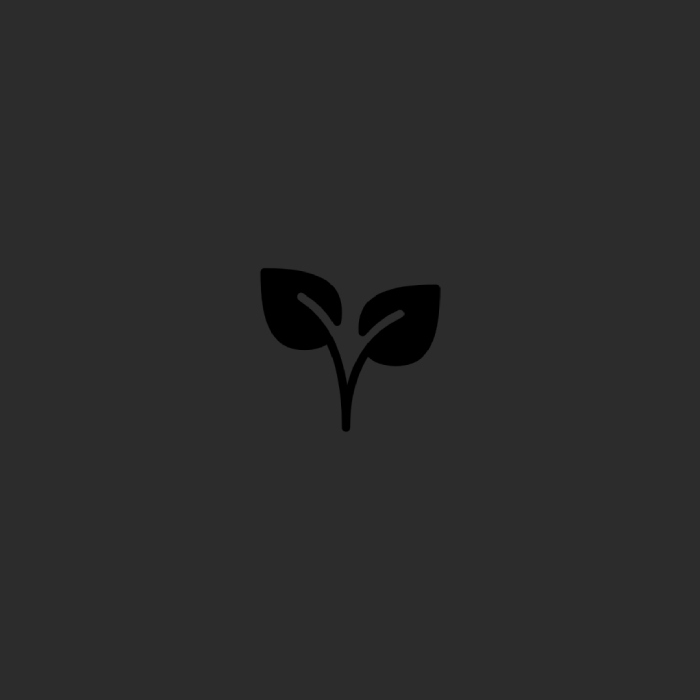
chrysanthemum
Chrysanthemum 'Yogrena' GRENADINE
Cycle:
Herbaceous Perennial
Watering:
Average
Hardiness Zone:
5 - 9
Flowers:
Flowers
Sun:
full sun
Leaf:
Yes
Growth Rate:
High
Maintenance:
Low
Salt Tolerant:
Yes
Indoors:
Yes
Care Level:
Medium
watering
Chrysanthemum 'Yogrena' Grenadine plants should be watered deeply at least once or twice per week, depending on the temperature and season. During the hottest months of summer, they should be watered every 5 days in order to keep the soil moist. When watering, avoid overhead sprinkling since this can cause fungal diseases. Instead, water at the base of the plant, or apply a slow trickle directly onto the soil. Be sure to water only when the top 2 inches of the soil feels dry or when the leaves start wilting. To avoid water loss due to evaporation, water early in the morning or late in the evening. Over-watering can potentially lead to root rot, so it is best to err on the side of less water.
sunlight
Chrysanthemums need full, direct sunlight for approximately 6 hours per day to thrive. Chrysanthemum 'Yogrena' GRENADINE should receive this optimal amount of sunlight every day, preferably in the morning so that the leaves can dry off before nightfall. This variety of flower needs full exposure to the sun, as it will help to develop beautiful blooms with bright, vibrant colors.
pruning
Chrysanthemum 'Yogrena' GRENADINE should be pruned once a year, usually in late winter or early spring, before the buds start to appear. Pruning should be done carefully, as Chrysanthemums can be sensitive to pruning damage and changes in their environment. Start by pruning off any dead or damaged stems and leaves. Stems can then be trimmed back, removing about 1/3 of their length. The centre of the plant should be opened up, removing any crossing or crowded stems. Flowers should be removed as soon as they fade, cutting back to the first bud behind the flower head. This will allow for more flowers to develop.
